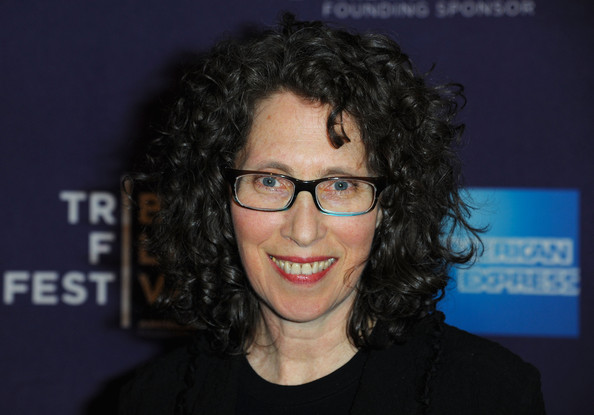
I was traveling a lot during this year’s Tribeca Film Festival, but thanks to technology I was able to catch some of the movies that I really wanted to see. One of those was the Jennifer Jason Leigh starrer, The Moment, co-written and directed by Jane Weinstock. It was a prototype Jennifer Jason Leigh film. Broody, moody, fucked up and confused. She plays a war photographer suffering PTSD not knowing what is real and what is imagined.
Women and Hollywood: Talk about why you wanted to tell this type of non-linear story. Did you find it to be more of a challenge is telling this type of story?
Jane Weinstock: I wanted the story structure to reflect Lee, the main character’s, unconscious. The unconscious works associatively, and I thought that this nonlinear approach would be an effective way to get inside of Lee’s head. It was more challenging to construct, as a script and as a movie, but I think it was worth the effort.
WaH: Explain how you got the title- The Moment.
JW: I thought of the title before Gloria Norris (the co-writer) and I came up with the story. We considered other titles as we went along, but THE MOMENT always seemed to win out. I like it because it refers to photography (the photo captures a moment). It also makes people think about the key moments in the movie after which everything changes. For example, once Lee kisses John, there’s no turning back. Disaster is inevitable.
WaH: How were you able to get Jennifer Jason Leigh to join your film and did the other talent come on once you secured her?
JW: We sent Jennifer’s manager the script, and he passed it on to her. She really responded to the script and came in to meet with the producers and me. We had a great meeting, and she joined the project soon after. The other actors came on after Jennifer. Martin (Henderson) and Alia (Shawkat) were both fans of Jennifer’s work and they also responded strongly to the script.
WaH: Talk about the biggest challenge in making the film.
JW: The biggest challenge in making the film was the editing. Because the story isn’t linear, there were lots of possibilities when it came time to edit. At one point, we totally changed the structure of the movie. But in the end, we mostly followed the script.
WaH: What were your expectations coming out of Tribeca? What are the next steps for the film?
JW: Several distribution companies are looking at the film now. We’re also going to more festivals — Seattle is next.
WaH: Do you enjoy writing or directing more?
JW: I prefer directing to writing. I especially like the editing process.
WaH: Do you have any advice for female filmmakers?
JW: It’s so hard to get a film made, and it’s harder if you’re a woman. It’s even harder if your main character is a woman. That said, I hope that women filmmakers will make this difficult choice. I know I want to see more films that are female driven, and I’m not the only one.






